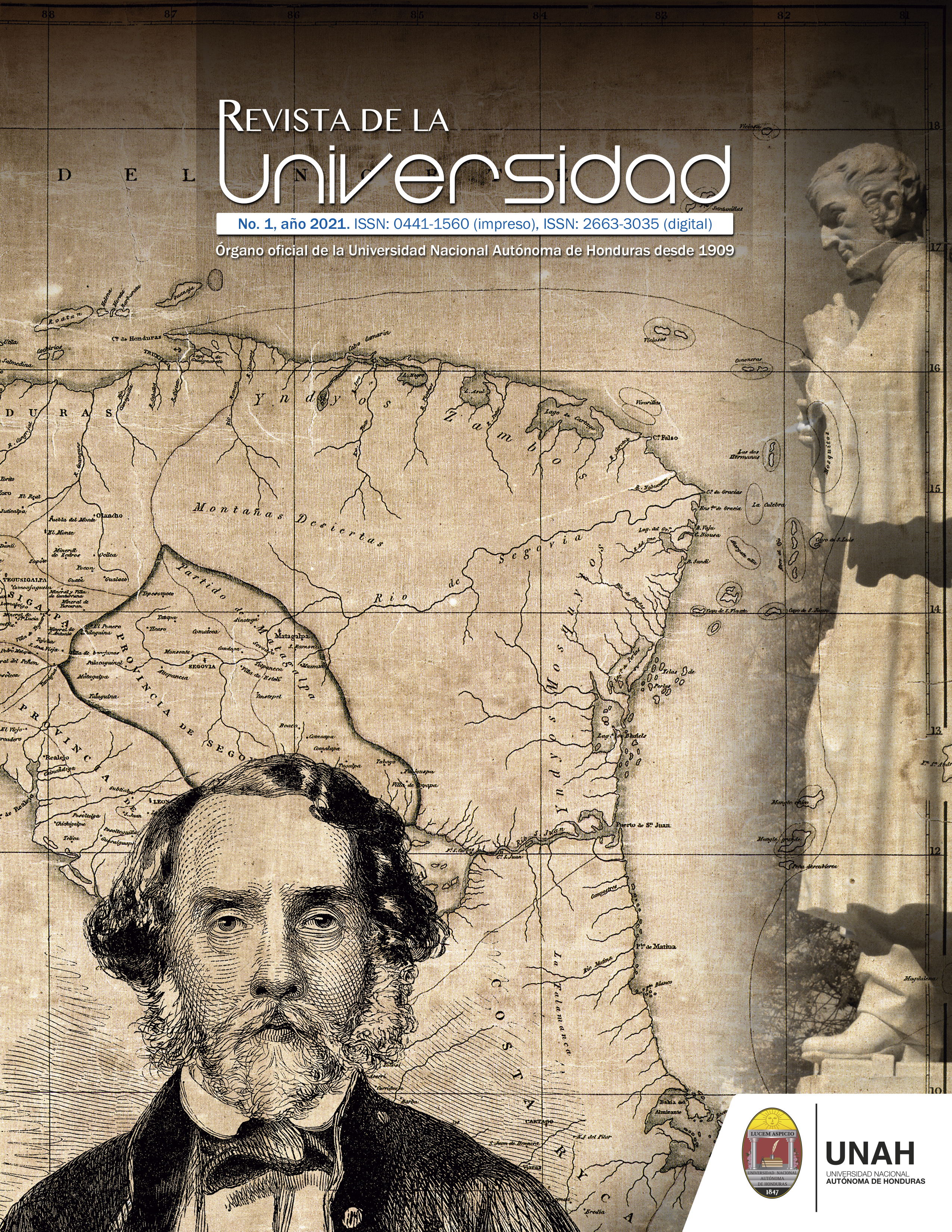Knowledge, attitudes and practices on Leishmaniasis, in the departments of Cortés and Colón, Honduras
DOI:
https://doi.org/10.5377/ru.v2i2.14584Keywords:
Knowledge, attitude, practices, LeishmaniasisAbstract
Leishmaniasis is a vector-borne disease with a diversity of reservoirs and vectors involved in transmission. It is endemic in poor countries, where other social factors, in addition to environmental and climatic factors, directly influence its epidemiology. In Honduras, this disease is considered an important public health problem, where the lack of education of the inhabitants favors transmission, generating little progress in its control or eradication. Methodology: The Knowledge, Attitudes and Practices of 185 residents of Cortés and Colón about Leishmaniasis were evaluated, focused on knowing their knowledge, attitudes and practices that they have when facing this pathology. Results: The knowledge presented by the population regarding the disease and the vector is scarce. Finally, the application of preventive practices against Leishmaniasis was not evidenced by most of the participants. Conclusions: The participants show low knowledge about the disease. The application of preventive practices did not show favorable results, which would lead to an increase in the number of cases in these areas, and the difficulty of controlling the transmission of the parasite.
637
Downloads
Published
How to Cite
Issue
Section
License
Copyright (c) 2022 Revista de la Universidad

This work is licensed under a Creative Commons Attribution-NonCommercial-ShareAlike 4.0 International License.




